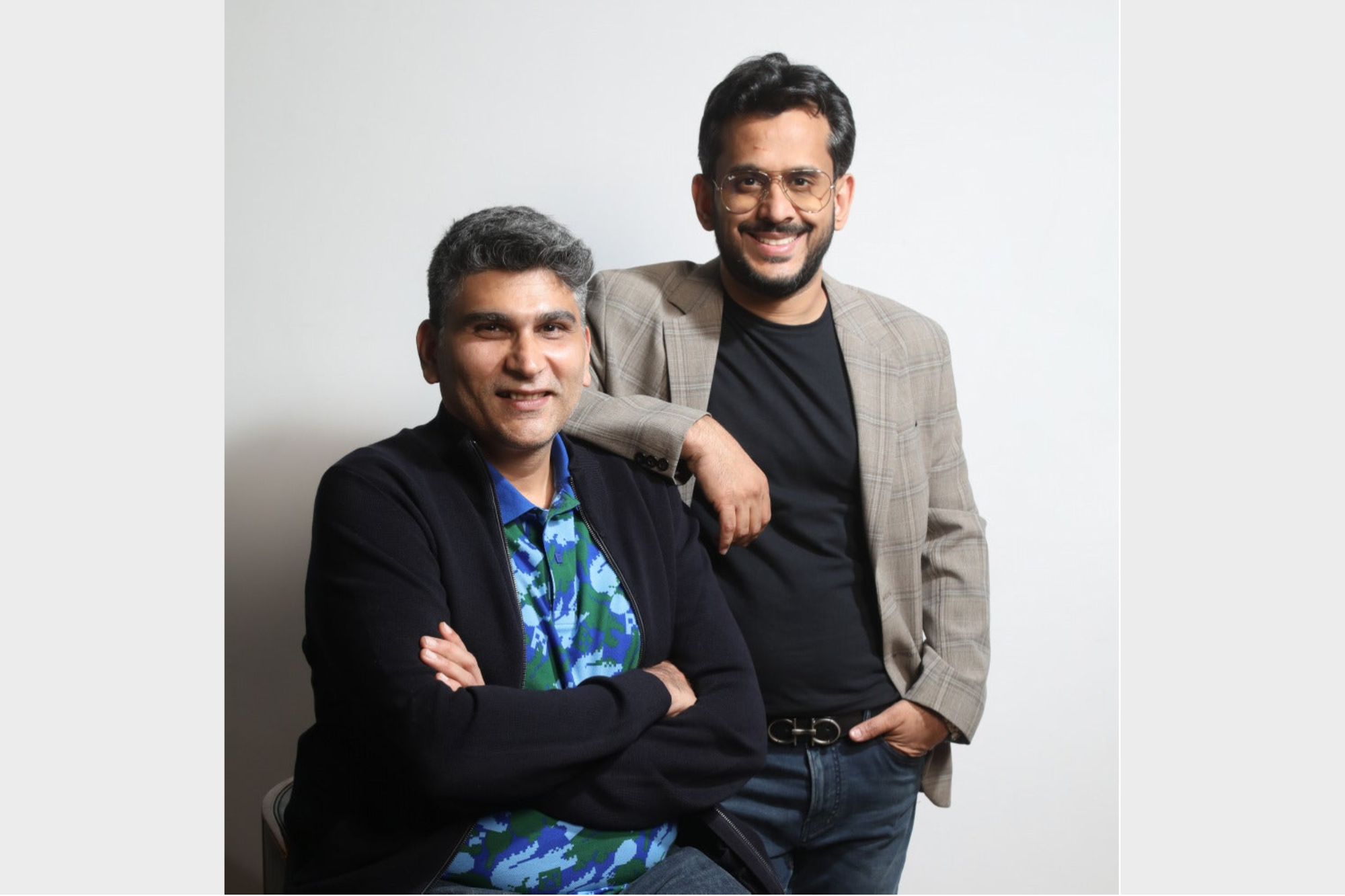boAt Partners with HrdWyr for Indigenous Chip, Tata Electronics to Handle Assembly The new chip, called Indus 1011, is an MCU-class system-on-chip designed specifically for headset charging cases.
You're reading Entrepreneur India, an international franchise of Entrepreneur Media.

boAt in partnership with Bengaluru-based semiconductor startup HrdWyr has unveiled what it calls "fully indigenously designed, high-volume, branded chip." The collaboration will see the development of a fully indigenous chip for true wireless stereo (TWS) charging cases from boAt.
The new chip, called Indus 1011, is an MCU-class system-on-chip designed specifically for headset charging cases. It will be assembled and packaged in India by Tata Electronics.
According to boAt, the chip will first be introduced in its premium Nirvana range by mid-2026, with prototypes ready by the end of this year. The company aims to integrate it into about 25 percent of its product portfolio by 2026.
Aman Gupta and Sameer Mehta, co-founders of boAt, highlighted that this is the first time a locally sourced chip has been created for this category. The chip combines an MCU with a power management IC, promising up to 30 percent better charging efficiency. The long-term plan includes adding artificial intelligence features to improve battery performance further.
The move is expected to provide boAt with tighter control over its supply chain, reduce import reliance, and deliver cost benefits as production scales.
Both companies emphasised that the effort is not just about a single product but about building a larger ecosystem. While boAt has invested in defining requirements and quality standards, HrdWyr has contributed with a team of 30 to 35 engineers working on intellectual property.
Currently, nearly 80 percent of boAt's 30 million annual units are manufactured in India. The company plans to raise this figure to 90 to 95 percent in the coming years. Despite slowing growth in the post-pandemic market, boAt continues to lead the Indian audio segment with a 30 to 33 percent market share.











